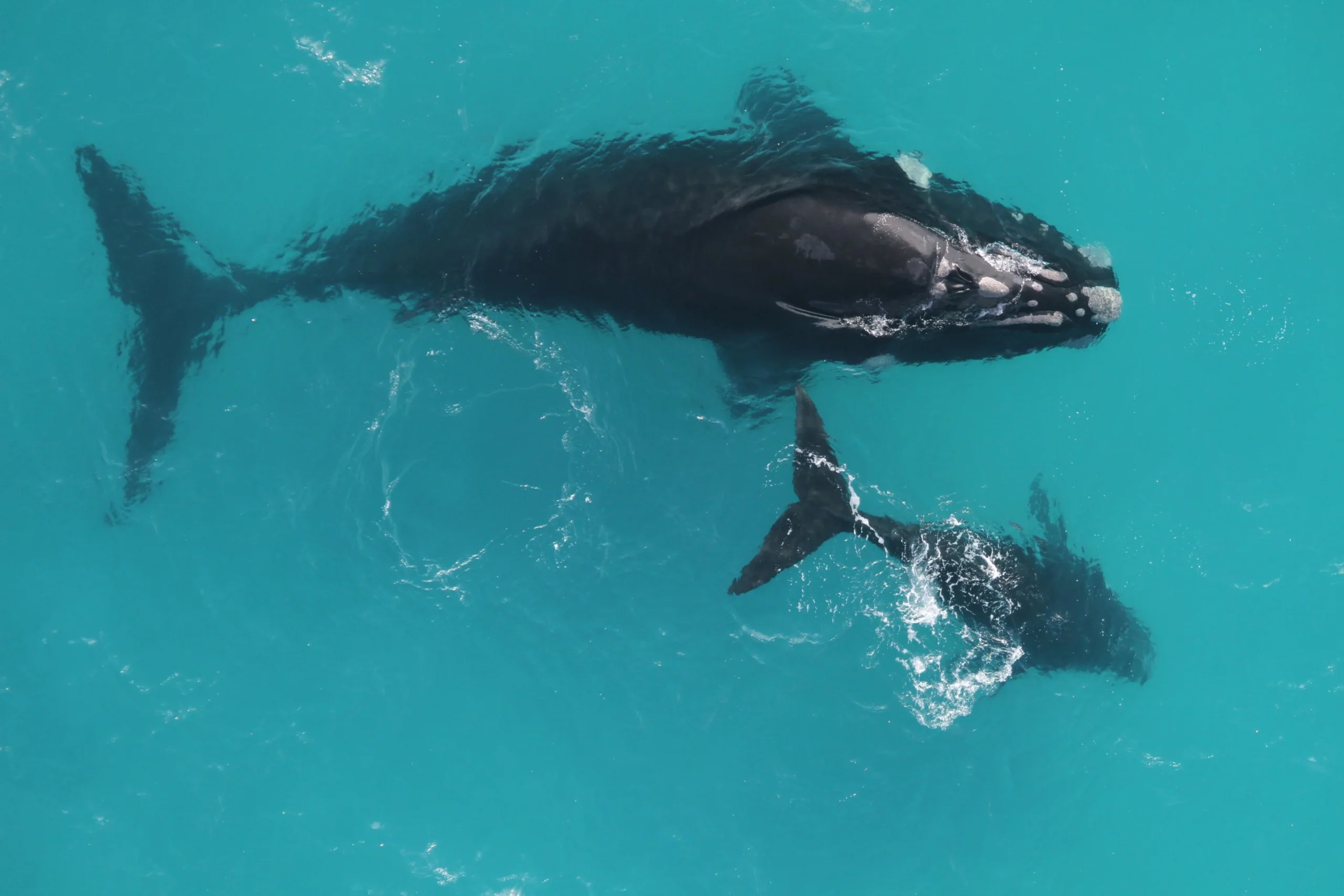New research published in Science Advances has unveiled that right whales can live for more than 130 years, nearly double previous estimates. This discovery aligns them with their close relatives, bowhead whales, known for their exceptional longevity, often exceeding 200 years.
The study builds on chemical analyses of bowhead whales, corroborated by 19th-century harpoon tips found in modern hunts by Indigenous subsistence hunters in Utqiaġvik. Right whales, which share similarities in feeding and reproductive behaviors with bowheads, now appear to have comparable lifespans.
Key Findings
Researchers analyzed over 40 years of photo-identification data on Southern right whales and critically endangered North Atlantic right whales. The findings revealed:
- Southern Right Whales: Lifespans exceeding 130 years, with some individuals possibly reaching 150 years. Previously, their lifespan was estimated at 70–80 years.
- North Atlantic Right Whales: An average lifespan of only 22 years, with few surviving beyond 50 years. This dramatic reduction is attributed to human impacts, including ship strikes, fishing gear entanglements, and starvation linked to environmental changes.
Human Impacts and Conservation Implications
Lead author Greg Breed, an associate professor at the University of Alaska Fairbanks, emphasized that the reduced lifespan of North Atlantic right whales is not due to biological differences but external threats. Breed noted that industrial whaling’s legacy and modern dangers have significantly hindered their survival and recovery.
- Conservation Challenges: Recovery of whale populations with healthy age distributions could take centuries due to their slow reproduction rates. Right whales typically give birth to a surviving calf every 10 years, making population growth gradual.
- Cultural Importance: Older whales play a crucial role in transferring survival knowledge to younger generations. This cultural and behavioral learning is vital for the species’ long-term resilience.
Future Research
Breed and his team plan to investigate other whale populations to determine if their lifespans are similarly underestimated. They aim to understand the full impact of historical whaling on current age distributions and predict recovery timelines to pre-whaling levels.
This groundbreaking study sheds light on the underestimated longevity of right whales and underscores the critical need for effective conservation strategies to mitigate human impacts and preserve the cultural knowledge essential for these majestic creatures’ survival.
